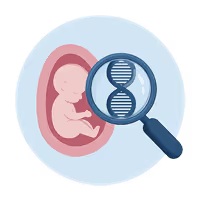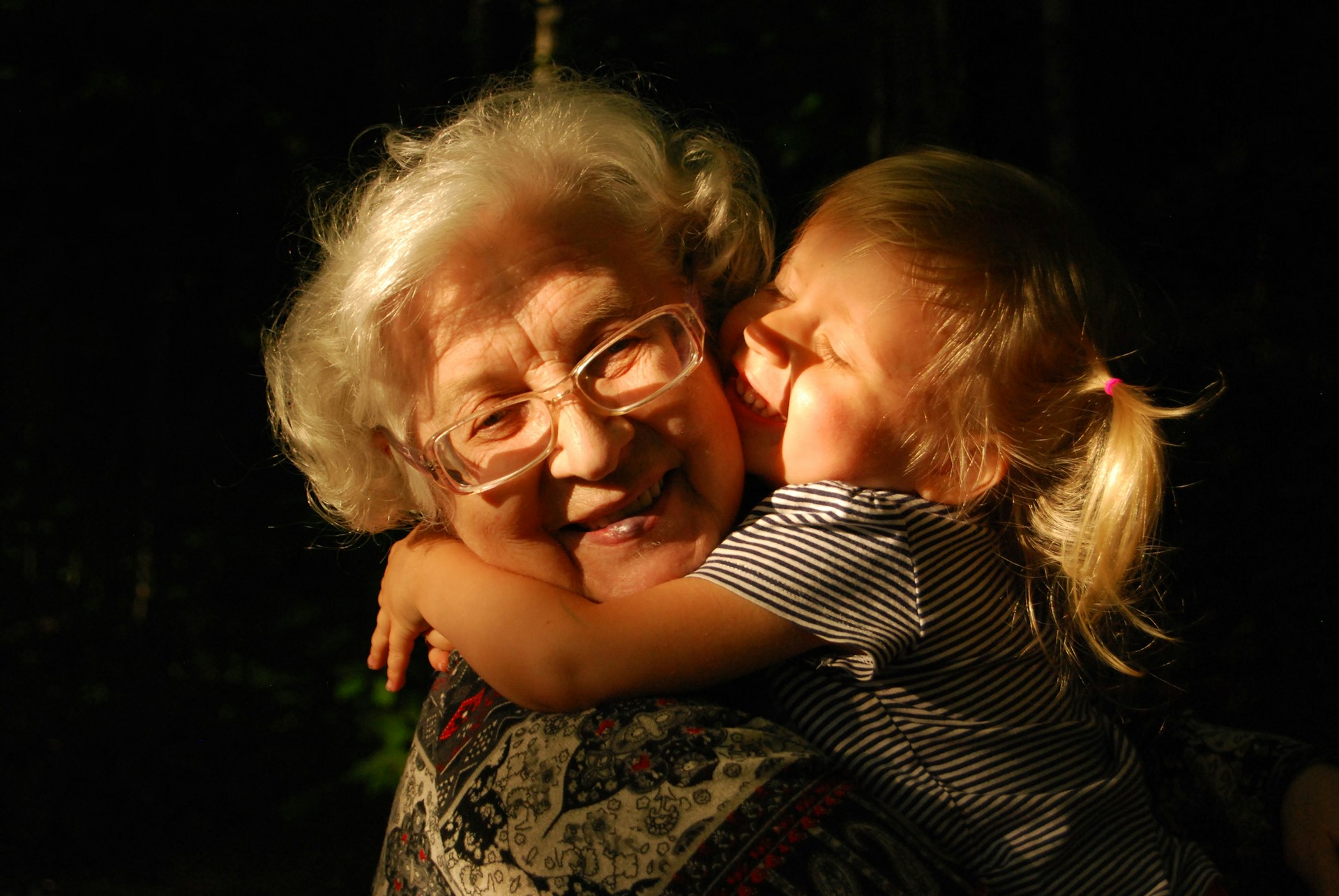What are BRCA1 and BRCA2?
BRCA1 and BRCA2 are genes that help repair damaged DNA and keep cells growing normally. Everyone has these genes, but some people inherit changes (mutations) in BRCA1 or BRCA2 that stop them working properly. When this happens, the risk of developing certain cancers, particularly breast, ovarian, prostate, and pancreatic cancers, can increase significantly. BRCA gene screening can help identify if you carry these mutations before symptoms appear.
Inherited BRCA mutations can be passed down from either the mother’s or the father’s side of the family. Knowing if you carry a BRCA1 or BRCA2 mutation can help you take proactive steps to manage your cancer risk, with options for early monitoring, preventative treatments, or lifestyle changes.
Should I Consider BRCA1 and BRCA2 Genetic Testing?
You might want to consider BRCA gene testing if you have a family history of breast, ovarian, prostate, or pancreatic cancer, particularly if relatives were diagnosed at a young age (under 50). If you have multiple close relatives affected, or if there is a known BRCA mutation in your family, testing may provide important information for your health and your family's.
Certain groups, such as people of Ashkenazi Jewish descent, are also at a higher risk of carrying BRCA mutations, around 1 in 40, compared to 1 in 400 in the general population. Overall, carrying a BRCA1 or BRCA2 mutation can mean up to a 70% lifetime risk of breast cancer and up to a 44% risk of ovarian cancer. Understanding your genetic risk can open the door to personalised care and prevention options.
What causes BRCA1 and BRCA2 Mutations?
BRCA mutations are inherited, meaning they are passed down through families. If one of your parents carries a BRCA mutation, there is a 50% chance you could inherit it. While these mutations increase cancer risk, they are relatively rare in the general population.
Testing for BRCA1 and BRCA2 mutations can identify if you have inherited one of these changes. If detected, it allows you and your healthcare team to develop a personalised plan for regular screening, preventative measures, and possible treatments. For those exploring at-home options, we have BRCA gene test kit available throughout the UK to help you begin your genetic health journey from the privacy of your own home.
How is Risk Managed If You Have a BRCA Mutation?
If you test positive for a BRCA mutation, there are many options to help manage your risk. These might include more frequent screening (such as annual mammograms and MRI scans from a younger age), preventative surgeries (like risk-reducing mastectomy or removal of the ovaries and fallopian tubes), and medications that can lower your risk.
Your care team, including genetic counsellors and specialists, will work closely with you to create a personalised plan based on your individual risk and preferences, supporting you every step of the way.























